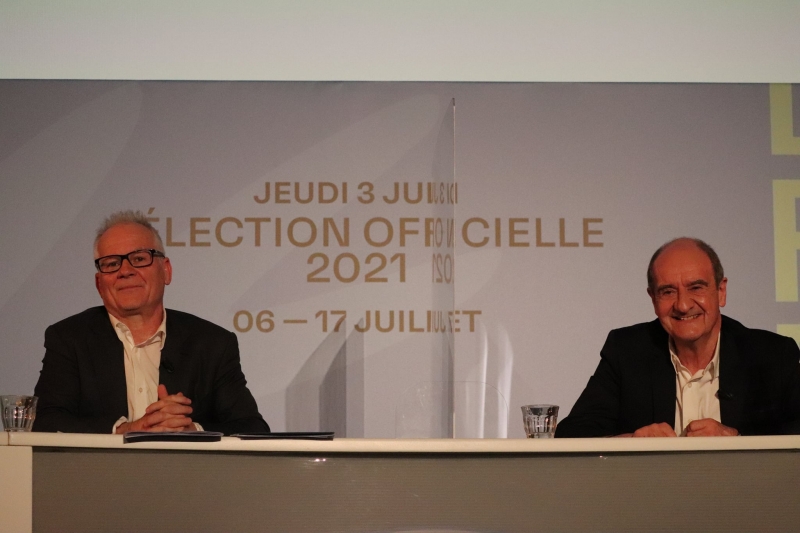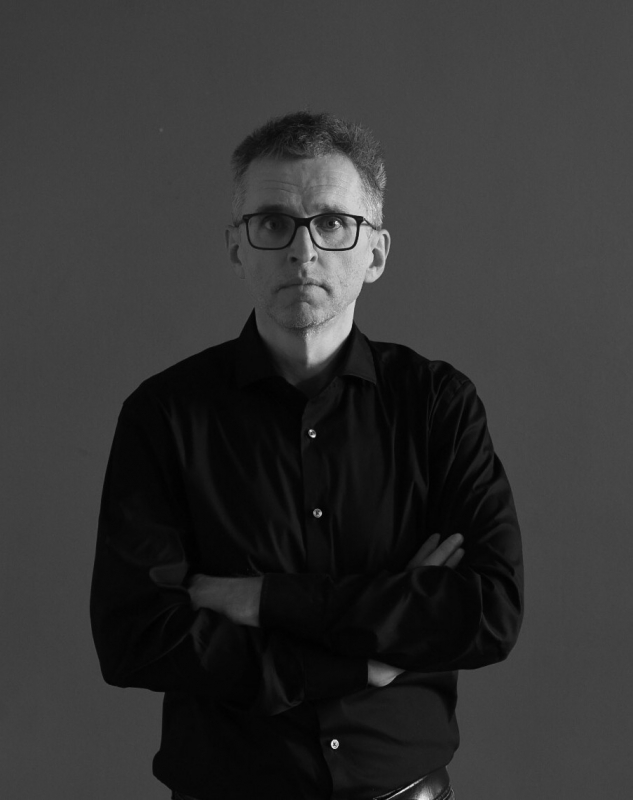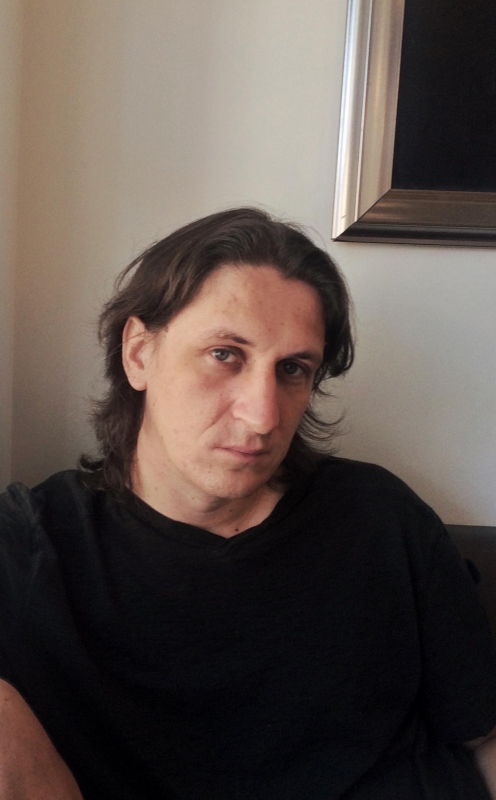|
|
||
|
Pro Tools
FILMFESTIVALS | 24/7 world wide coverageWelcome ! Enjoy the best of both worlds: Film & Festival News, exploring the best of the film festivals community. Launched in 1995, relentlessly connecting films to festivals, documenting and promoting festivals worldwide. Working on an upgrade soon. For collaboration, editorial contributions, or publicity, please send us an email here. User login |
The Housemaid press conference discusses Korean society's evolutionIm Sangsoo's film The Housemaid screened Friday at the 63rd annual Cannes Film Festival. A remake of Kim Ki-young's 1960 film of the same name, The Housemaid is one of two Korean films in competition at this year's festival. The press conference following the film's screening featured pointed questions from reporters from all over the world. Many were curious about Sangsoo’s reasoning for remaking such an iconic Korean film. Sangsoo reasserts that his film is more of a reinterpretation than aremake, as it would be unrealistic to portray today's Korean society exactlythe same as it was in 1960. Sangsoo says his primary goal is to provoke areaction from audiences, whether they have seen the original film or not.Though society has evolved since the 60s, the overreaching themes of the original film still exist today. What have changed, according to Sangsoo, are people's reactions and attitudes toward these same situations. The Housemaid remarks upon two societies: the haves and the have-nots, who cohabit but never meet. This film draws attention to the differences in today's society and 1960s society, but also remarks upon what is, in fact, the same. The press posed several specific questions to the film's cast. One ofthe film's leading actors, Jean Do Youn, had taken several years off from acting before taking this film. Do Youn accredits her leave of absence to her decision to spend time with her new husband and child, but also comments that no worthy screenplays were coming her way. Her character in The Housemaid, she said, was a rare opportunity not to be missed. Lee Jung-Jae commented that he enjoyed working with an all-female cast. “There was no rivalry with other male actors!” he joked. Sangsoo is known for incorporating elements of sociology into his films, and many remarked that The Housemaid was no different in this sense. When asked why he often chooses to tell his stories through women, Sangsoo grinned and replied,"Well it's simple: I just love women so much more than men." The current financial crisis was addressed, and Sangsoo was asked about the economic obstacles he faced when making this film. Sangsoo affirmed that funding films is especially difficult in times like these, but also added that it's never been easy for filmmakers to obtain sufficient funding. "I prefer to survive and continue rather than complain," Sangsoo explained. Revisiting the question of Korea's changing society, Sangsoo elaborated on his goals for making this film. In 1960s Korea, a woman becoming pregnant out of wedlock resulted in harsh societal repercussions. Sangsoo revisits this same touchy subject in his remake. One would like to think society has evolved over the past 50 years, to think that society has become more sympathetic and liberal regarding pregnancy, women's rights and other hot-button issues. But has it? Sangsoo expresses his hope for a reaction from his audience, to see how much, or how little, society has truly evolved. Modestly declaring his uncertainty of whether he could equal the talent of Kim Ki-young, Sangsoo mentioned that he wanted to create a very unique senseof ironic suspense in his version of The Housemaid. He strived to create a Hitchcock-like atmosphere, claustrophobic with nuances of black humor and satire. When asked if The Housemaid is meant to be a black comedy, he explains his personal philosophy:“Life itself simply is a black comedy,” he clarified. “If you look at life coldly, it really is quite funny." With its strong commentary on Korean society, Sangsoo was questioned regarding whether he aimed his film largely toward a Korean viewers, or if he intended this for an international audience. Sangsoo explained that the themes of his film transcend Korean society and are universally applicable. All societies struggle with many of the same social issues highlighted in The Housemaid.
As a final thought, Sangsoo added that after working in France for two years, the idea of co-production on an international level interests him greatly. The Housemaid’s commentary on Korean society is actually a commentary on the world at large, and how similar all of our struggles truly are. Lauren Ellison 15.05.2010 | Cannes's blog Cat. : Ambiance Cannes Film Festival Cannes Film Festival Cinema of Korea Entertainment Entertainment Films France Im Sangsoo Im Sangsoo Jean Do Youn Kim Ki-young Kim Ki-young korea Korea Korean horror Lauren Ellison Lee Jung-jae Lee Jung-Jae Press Conference Quotation The Housemaid The Housemaid
|
LinksThe Bulletin Board > The Bulletin Board Blog Following News Interview with EFM (Berlin) Director
Interview with IFTA Chairman (AFM)
Interview with Cannes Marche du Film Director
Filmfestivals.com dailies live coverage from > Live from India
Useful links for the indies: > Big files transfer
+ SUBSCRIBE to the weekly Newsletter Deals+ Special offers and discounts from filmfestivals.com Selected fun offers
> Bonus Casino
User imagesAbout CannesMy festivalThe EditorUser contributions |

























 Cannes
Cannes 


